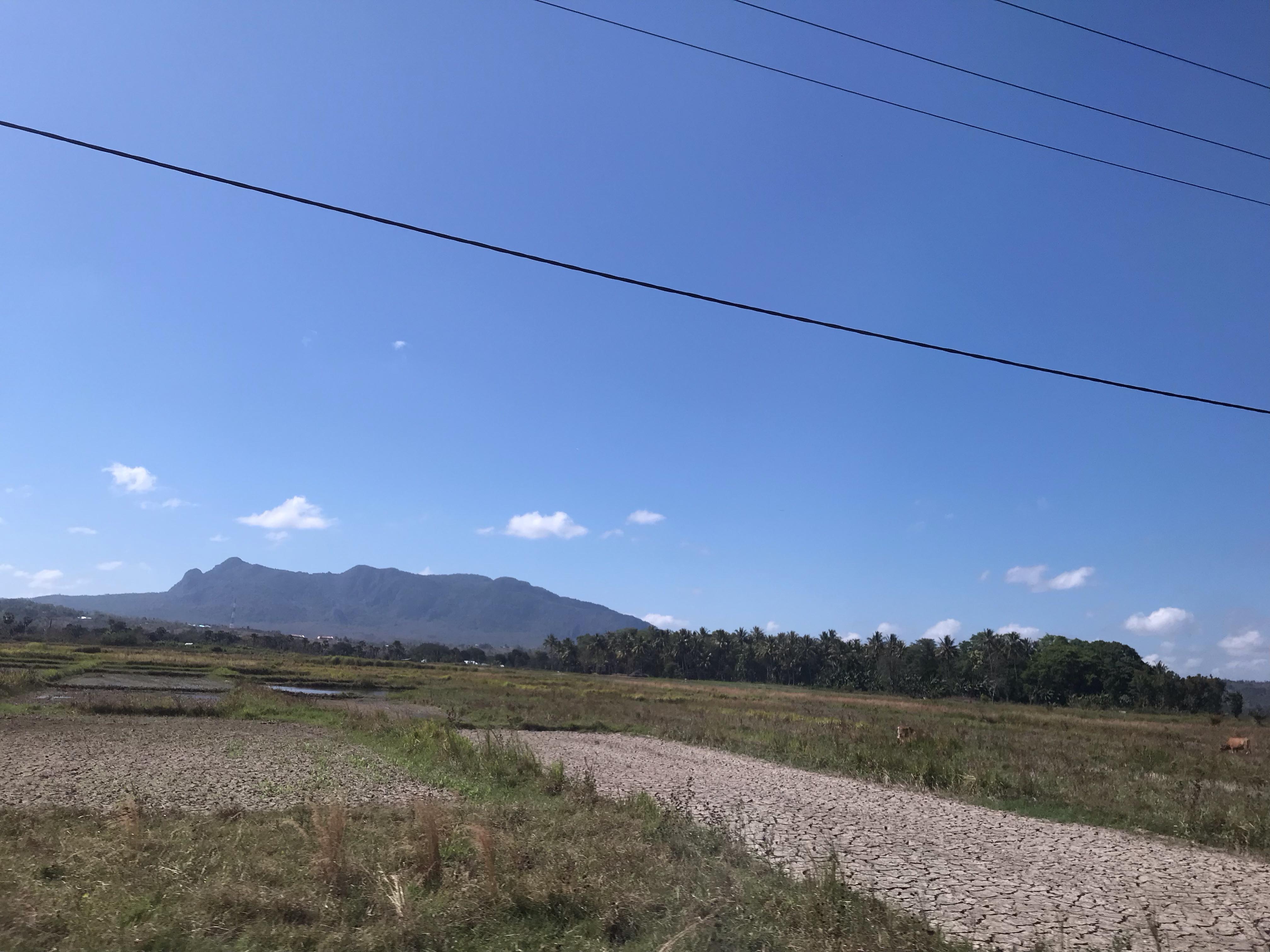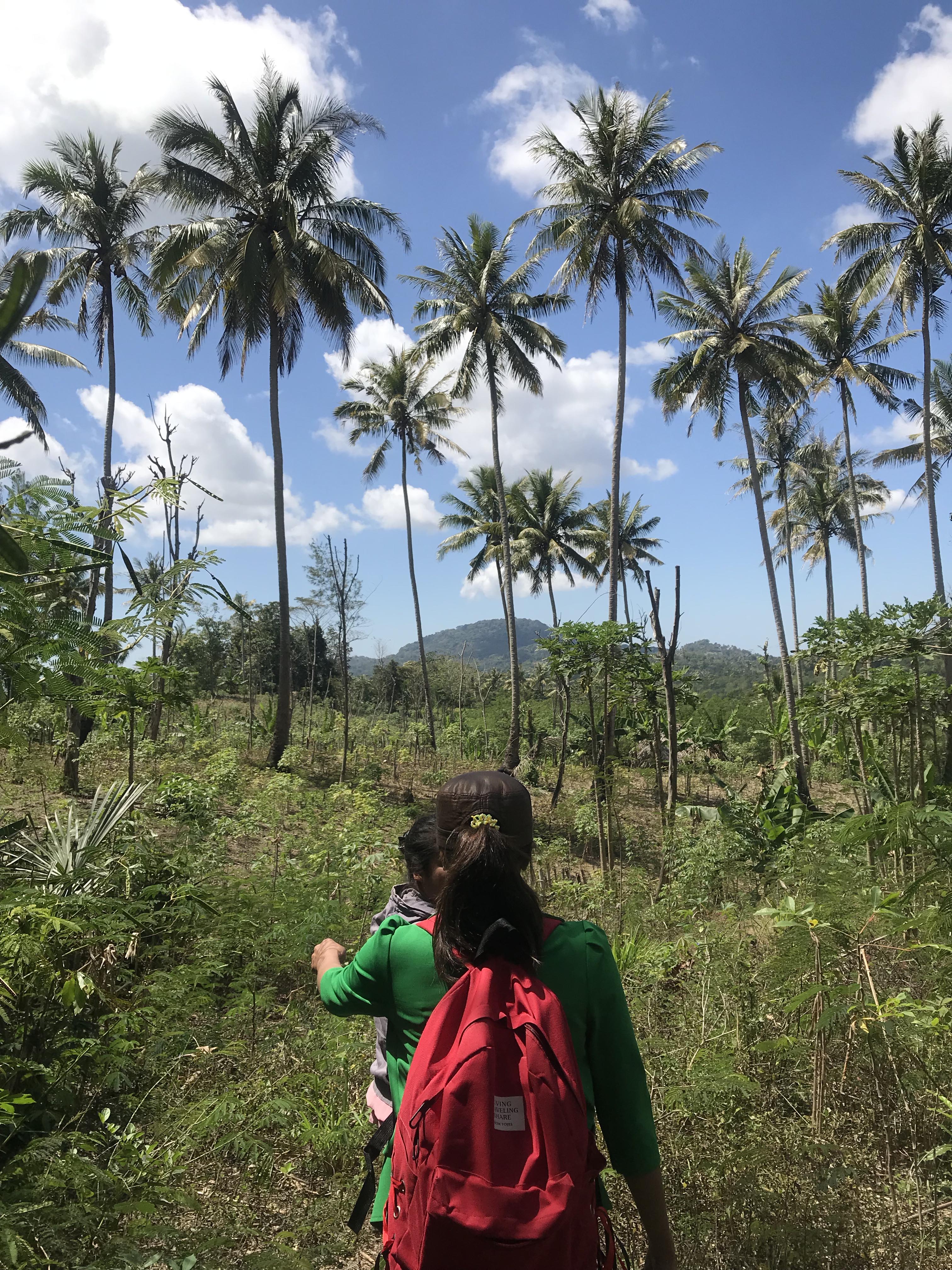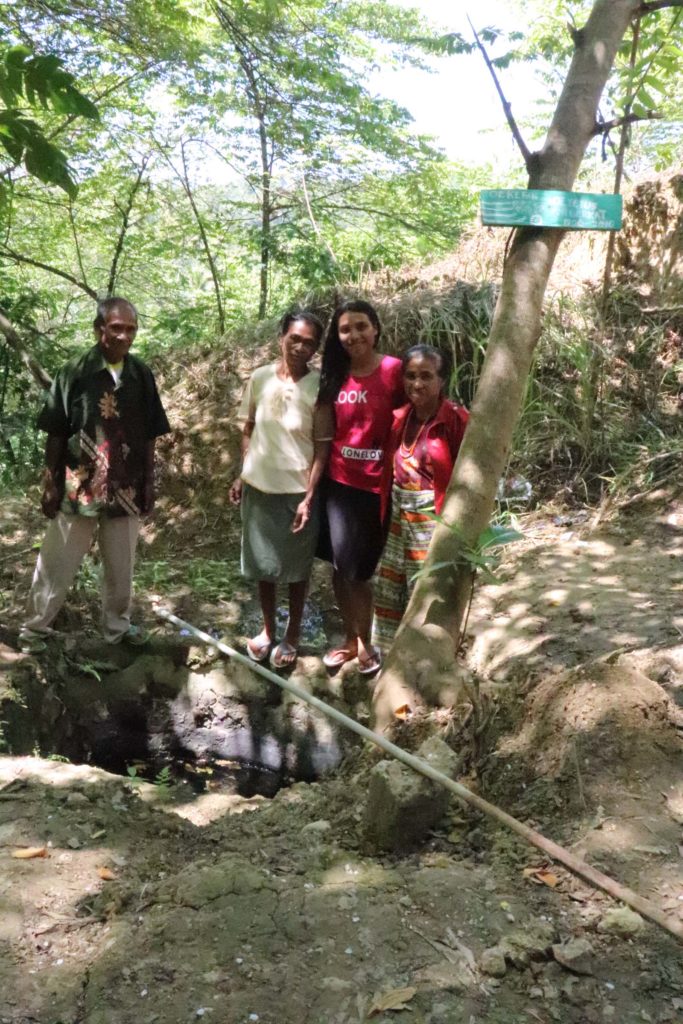Planting water
The Evangelical Church of West Timor also known as GMIT is building bridges among Christians in the region, by creating programs that combat human trafficking, climate change, drought, and agriculture. One program in particular that I was able to learn about is the “Planting Water Initiative.”
Some places in Indonesia suffer from severe drought and are deeply impacted by climate change. While traveling on the island many of the local farmers spoke about the lack of access to water and how that has directly impacted their livelihoods. We took a trip to Oinlasi, and saw first hand how one family was bringing access to water, water efficiency, and water conservation to their local village in Timor. In the remote places of West Timor, there is no infrastructure for electricity or plumbing for water. People in places like this have to walk miles to get water and even sometimes they have to bath in undesirable bodies of water that are not sanitary. The survival of people and crops relies heavily on adaptability.
 The Planting Water Initiative works to combat the issues of drought and agriculture failure due to a lack of access to water. Animals and crops are given an opportunity in more remote places now that farmers have access to water. Some farmers are also planting crops that they had to stop growing now that they have access to water. To plant water trenches were dug alongside a hillside were plants that store water would carry the water to wells for storage.
The Planting Water Initiative works to combat the issues of drought and agriculture failure due to a lack of access to water. Animals and crops are given an opportunity in more remote places now that farmers have access to water. Some farmers are also planting crops that they had to stop growing now that they have access to water. To plant water trenches were dug alongside a hillside were plants that store water would carry the water to wells for storage.
 To add water, farmers are planting water plants that retain water along the trenches to help store and carry water to the wells. In the Oinlasi village over 20 wells have been built in their community, which is helping to bring an essential need to many people in the village. Communities in West Timor work together on many issues and The Evangelical Church of West Timor is helping to push programs such as ‘Planting Water’ to help aid the many people who don’t have access to water let alone clean water.
To add water, farmers are planting water plants that retain water along the trenches to help store and carry water to the wells. In the Oinlasi village over 20 wells have been built in their community, which is helping to bring an essential need to many people in the village. Communities in West Timor work together on many issues and The Evangelical Church of West Timor is helping to push programs such as ‘Planting Water’ to help aid the many people who don’t have access to water let alone clean water.

